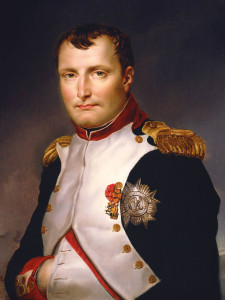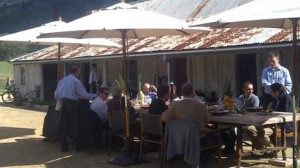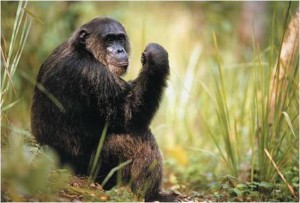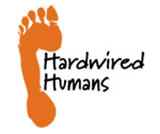Hardwired Humans Newsletters
Our monthly newsletters are written to two guiding principles: they are interesting and they are practical.
Here are some examples. They are free. You are welcome to subscribe here.
 |
Humans Smile for Social Harmony As a species, the global population of humans is significantly greater than what we would expect for a species our size. And we can live in large harmonious groups. Our smile may be a key reason for our success. Read more |
 |
Organise for Line of Sight In how he structured the French government in 1799, Napoleon Bonaparte knew that there is a sweet spot of the number of direct reports that represent the line of sight he required to succeed as a leader. Read more |
 |
Close at half-time and the loser wins The human instinct of Loss Aversion explains why at half time in a close game, you are better being the team just behind rather than just ahead. The motivation is greater and you are more likely to win. Read more |

|
Two CEOs Grooming Jane Goodall emphatically tells me, “Andrew, two chimps cannot possibly be bonded if they don’t spend time grooming!” So I say to business people, “You cannot possibly be bonded with people if you don’t spend time grooming!” Read more |

|
Dominant Leader A law of nature for social animals is that dominant individuals tend to rise into leadership roles. But it doesn’t necessarily follow that they make the best leaders. Do teams led by people with dominant personalities perform better than teams that are led by less dominating leaders?
Read more |

|
Reconnecting the Clan A mysterious dynamic happens when organisations grow to a certain size. Suddenly the clan starts to fracture, made worse if people are spread across different buildings.An Adelaide, Australia law firm experienced this growth pain, but took corrective action through an office move to reconnect the clan. Read more |

|
Performance Appraisals Given that we are a social animal where leaders and followers have unequal power, it’s not surprising that humans invented rating systems for signalling to a person their standing in their work group. Chimpanzees do the same thing in their communities. Read more |

|
The Power of a 2IC Leaders often appoint or allow to emerge in their team a ‘second-in-charge’ (2IC). From a human instincts perspective, this is not a clever thing. Given that power and pecking orders are part of life for social species, it’s natural that a 2IC might emerge. But the presence of a powerful second can have significant negative ramifications for the leader’s power, confidence and influence. If Luit the alpha male of the chimpanzees at Arnhem Zoo in the Netherlands hadn’t been stabbed in the back he would have told the story of his weakened leadership due to a 2IC. Read more |









